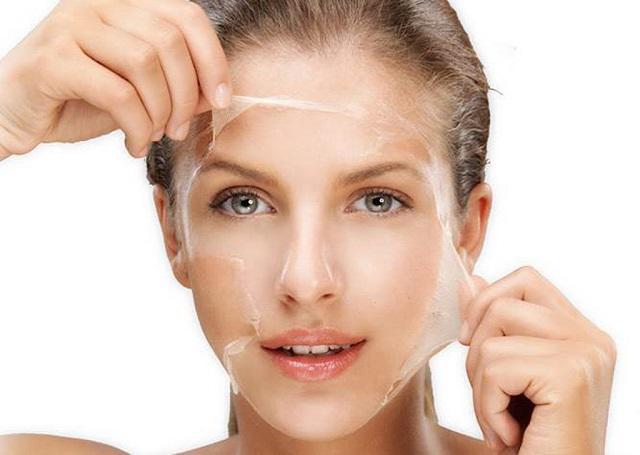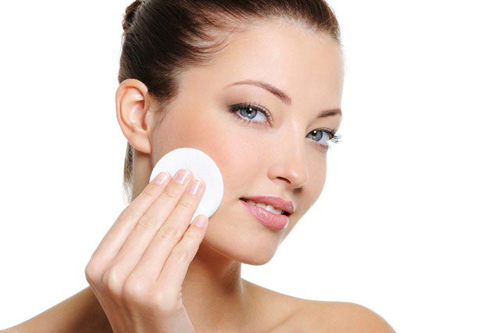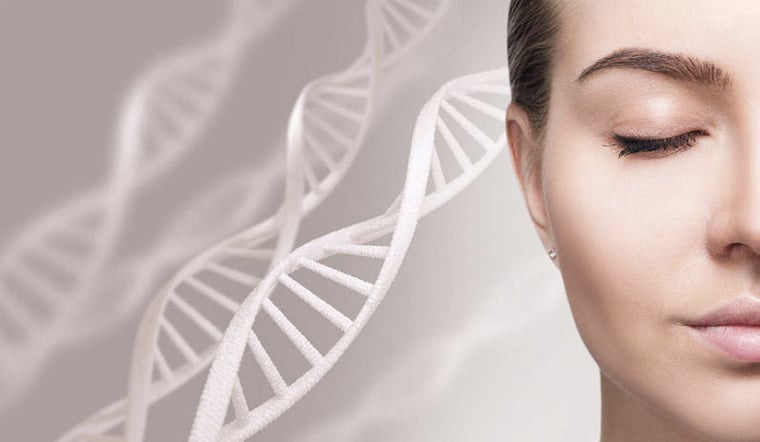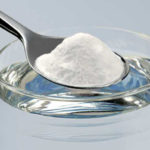Semen is a mixture of fluid secreted from the reproductive organs of males. The main components of semen are vitamin C, vitamin B12, amino acids, lactic acid, hormones, and sperm. The composition of semen can be beneficial for the skin by providing hydration. That’s why many skincare products have used animal semen as an ingredient. However, there is no scientific research on the effectiveness of semen for the skin. There are rumors that people in ancient times used semen for beauty purposes. There have been some small-scale studies worldwide, but nothing conclusive.

However, it is possible to imagine that semen contains nutrients similar to certain natural fruits and vegetables. Therefore, logically, semen could have some effects on the skin.
However, the use of semen is still a taboo topic within families. Therefore, women can only consider this method if there is open communication and agreement with their partner. Of course, one should not have excessive expectations or pressure their partner to engage in this practice.

It is important to avoid using semen on open wounds, as you cannot control the presence of bacteria in your partner’s semen. Moreover, it is uncertain whether your skin may have an allergic reaction to your partner’s semen. Therefore, the general consensus among women is to avoid this practice. If you want to experiment, you should discuss with your partner and seek consent before using semen after sexual intercourse. It is also advisable to ejaculate externally.

Using “fresh” semen from a source other than your partner can pose unexpected risks of infection. Therefore, it is best to avoid excessive use of this method. Furthermore, semen requires special preservation to be kept for a longer time. In normal storage conditions, semen can quickly spoil, causing an unpleasant odor and potential allergic reactions. If you have homemade semen, it is advisable to use it immediately after ejaculation.





































